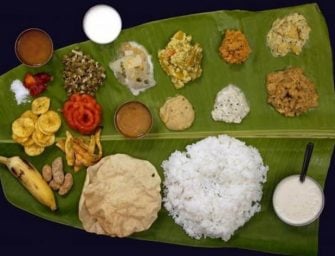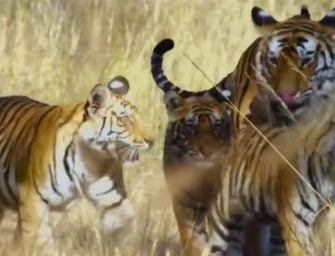Fast Facts
Also Known As: Bacha Khan, Badshah Khan, Frontier Gandhi
Born: 6 February 1890
Place of Birth: Utmanzai, Charsadda District, Khyber Pakhtunkhwa province, Pakistan.
Parents: Bahram Khan (father)
Siblings: Khan Abdul Jabbar Khan (elder brother)
Spouse: Meharqanda Khan, Nambata Khan
Children: Abdul Ali Khan, Abdul Ghani Khan, Abdul Wali Khan, Sardaro Khan, Mehar Taj Khan, Abdul Ali Khan
Education: Edward’s Mission School, Aligarh Muslim University
Political Association: Indian National Congress, Pakistan Azad Party, Awami National Party
Awards: Prisoner of Conscience (1962), Jawaharlal Nehru Award for International Understanding (1967), Bharat Ratna (1987)
Death: 20 January 1988
Abdul Ghaffar Khan was a Pashtun freedom activist who fought against the British occupation of India. Popularly known as ‘Bacha Khan’, he was also a political leader of importance and a spiritual leader known for his philosophy of non-violence and pacifism. A devout Muslim, he was a very close friend and ally of Mahatma Gandhi, which also earned him the sobriquet of ‘Frontier Gandhi’. In 1929, ‘Bacha Khan’ initiated the ‘Khudāyī Khidmatgār’, (Servants of God) movement. Extremely opposed to the partition of India, he moved to Pakistan after its creation, however, he spent much of his time in jail or in exile till his death in 1988.
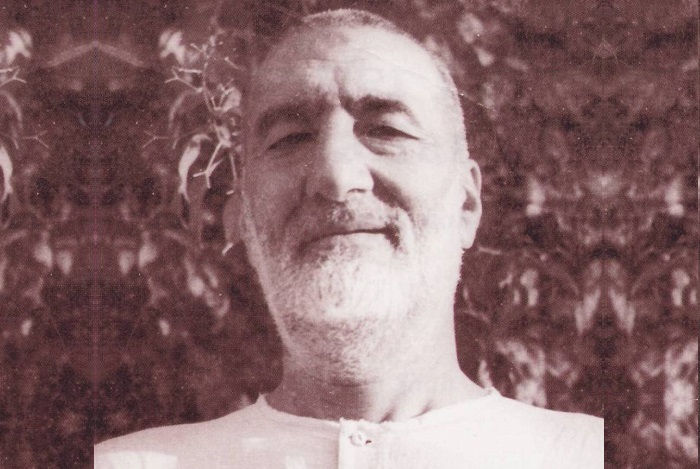
Image Credit : https://gandhifoundation.org/2009/01/28/book-review/
Early Life
Abdul Ghaffar Khan was born on 6 February 1890, in Utmanzai situated in the Khyber Pakhtunkhwa province of then undivided India. His father, Bahram Khān, was a prosperous landowner in Hashtnaghar area. He attended Edward’s Mission School run by the British Christian missionaries. In his last year of high school, ‘Bacha Khan’ was offered a commission in the British Indian Army’s Corps of Guides, however, he turned down the prestigious assignment recognizing that even the officers of the Corps remained second-class citizens in their own country. He was offered an opportunity by Reverend Wigram to study in London. Even though his father willingly gave his permission, Bāchā’s mother did not, so ‘Bāchā’ had no other option but to stay behind and study at the renowned Aligarh Muslim University.
In 1910, at the age of 20, Bāchā established a school in a mosque in Utmanzai. The next year, he joined the movement for independence that the noted freedom activist Haji Sahib of Turangzai had set in motion. After the British authorities banned the school he had founded, Abdul Ghaffar Khan came to the conclusion that social reform and activism would benefit the Pashtuns more than revolts. Thus was born ‘Anjuman-e Islah-e Afghania’ (Afghan Reform Society) in 1921, and the ‘Paxtun Jirga’ (Pashtun Assembly), a youth movement in 1927. In May 1928, after Bacha Khan returned from the pilgrimage to Mecca, he established ‘Paxtun’ (Pashtun), a monthly political journal in the Pashto language. Between 1915 and 1918, ‘Bacha Khan’ visited 500 villages in the districts of Khyber-Pakhtunkhwa to organise and raise the consciousness of his fellow Pushtuns; because of this frenzied activity, he came to be known popularly as ‘Badshah’ (‘Bacha’) Khan (King of Chiefs).
In 1912, he married Meherqandha of the Kinankhel clan of the Mohammadzai tribe of Razzar, a village neighbouring Utmanzai. The couple had two sons, Abdul Ghani Khan and Abdul Wali Khan, and a daughter, Sardaro Meharqanda. The influenza epidemic of 1918 claimed the life of his wife. In 1920, Abdul Ghaffar Khan got married to Nambata. This union bore him a daughter, Mehar Taj Khan and a son, Abdul Ali Khan. Tragically, Nambata also died after she fell down a flight of stairs of their Jerusalem apartment.
Khudayi Khidmatgar
Witnessing the repeatedly unsuccessful revolutionary activities for the independence of India, Bacha Khan came to the conclusion that the only sustainable way of achieving the goal of a united, secular, and independent nation was through a firm adoption of Gandhi’s principles of ‘Satyagraha’. To add momentum to India’s freedom movement, he founded the ‘Khudayi Khidmatgar’ (Servants of God) during the 1920s; the members of the movement relied upon patience and righteousness as their weapons against injustice. In a short time, there were more than 10,000 ‘Khudayi Khidmatgar’ indulging in strikes and non-violent opposition, the success of which, prompted an extremely harsh crackdown by the British. He was the chief minister of Khyber-Pakhtunkhwa from the late 1920s to 1947. After Pakistan gained independence in 1947, his government was dismissed by Mohammad Ali Jinnah.
In April 1930, Bacha Khan was arrested for violating the Salt Act. In a tragic incident, around 250 of Khudayi Khidmatgars were killed when the British forces fired indiscriminately on an unarmed crowd that had gathered in Kissa Khwani Bazaar in Peshawar to show solidarity with him.
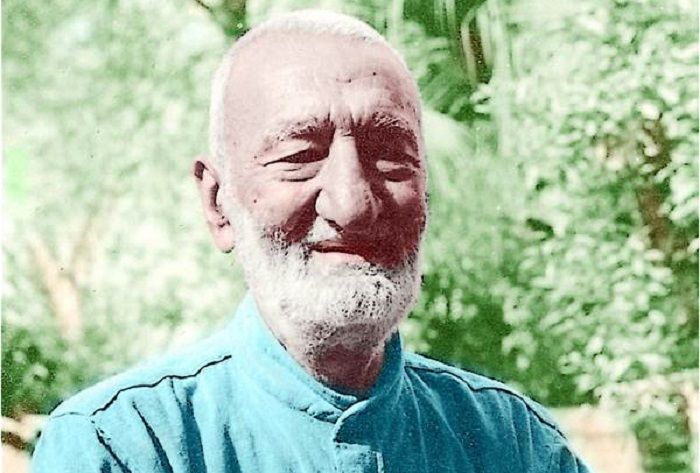
Image Credit : http://www.thefridaytimes.com/tft/king-without-a-throne/
Association with Indian National Congress
Because of their deep admiration for each other and a shared belief in non-violence, Bacha Khan and Mahatma Gandhi forged a very close and spiritual relationship. For his close identification with what Mahatma Gandhi stood for, his friend and Congress associate, Pandit Amir Chand Bombwal, gave him the sobriquet of ‘Frontier Gandhi’ that ultimately became very well-known in India. Offered the presidency of the Congress Party in 1931, Bacha Khan declined the honour saying, “I am a simple soldier and Khudayi Khidmatgar, and I only want to serve”. He was a member of the Congress Party Working Committee for long, only briefly resigning in 1939 due to his difference of opinion on the War policy of the party but re-joined after the policy was revised.
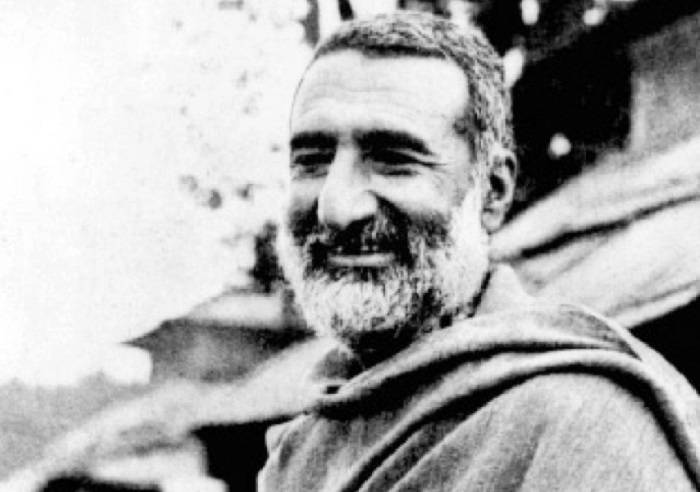
Image Credit :Image Credit : http://www.thefridaytimes.com/tft/king-without-a-throne/
The Partition
From the very start, Abdul Ghaffar Khan was vehemently opposed to India being partitioned and a separate Muslim state being created. He was held to be an anti-Muslim and even assaulted physically in 1946 in Peshawar as a result of which, he had to be hospitalised. Realising that partition was inevitable, on June 21, 1947, a ‘loya jirga’ (grand assembly) was held in Bannu with ‘Bacha Khan’, members of the Provincial Assembly, the Khudayi Khidmatgars, the Pashtun tribal leader Mirzali Khān, and other tribal leaders in attendance. The ‘Bannu Resolution’ demanded that Pashtuns should be given an option to form an independent state, ‘Pashtunistan’, comprising all Pashtun territories in the region and not be forced to align with either India or Pakistan. Wanting to avoid additional complications, especially when all, save Gandhi and Khan, had agreed to the partition, the demand was naturally not entertained by the British. Bacha Khan felt let down and betrayed both by India and Pakistan, and wrote to Gandhi and the Congress Party, words that would echo forever in the history of the region “You have thrown us to the wolves.” Staying true to his philosophy of non-violence, ‘Bacha Khan’ and the ‘Khudāyī Khidmatgār’ joined the Indian National Congress in boycotting the referendum to decide the issue of accession to Pakistan.
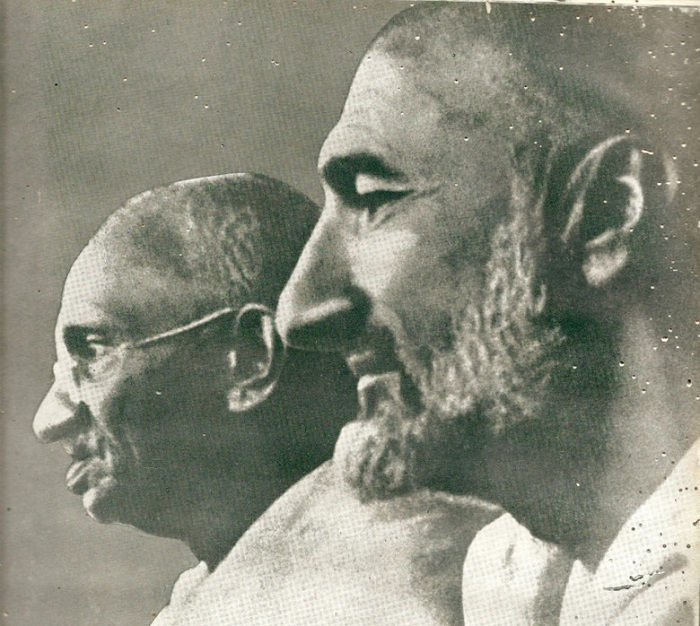
Image Credit https://independentindian.com/2009/11/11/mk-gandhi-and-khan-abdul-ghaffar-khan-frontier-gandhi/
Life in Pakistan
At the first session of the Pakistan Constituent Assembly held on 23 February 1948, ‘Bacha Khan’ declared his allegiance to Pakistan, pledging full and complete support to the government of the day. ‘He also made an overture to reconcile with Muhammad Ali Jinnah, the founder of the new nation. The two had a successful meeting in Karachi, however, another meeting planned to be held at the headquarters of the Khudayi Khidmatgar never materialised. According to reports, the meeting was sabotaged by Abdul Qayyum Khān, the Chief Minister of Khyber-Pakhtunkhwa who allegedly told Jinnah that Bacha Kha’ was planning his assassination. With his initiative of aligning with Jinnah failing, ‘Bacha Khan’ founded the Pakistan Azad Party on 8 May 1948, the country’s first opposition party with a non-communal and constructive opposition intent.
The new Pakistani government, however, ever-suspicious of his motives, placed him under house arrest in 1948 till 1954 without charge. For his strong opposition to the ‘One Unit’ scheme, ‘he was arrested many times between late 1948 and 1956. In 1958, the government offered him a ministerial position in an attempt to make up to him after the assassination of his brother, however, characteristically, he refused. He was again jailed and released only in 1964 due to ill health. For treatment, he was allowed to go to the United Kingdom, where the doctors advised him to visit the United States, from where he went into exile to Afghanistan. It was only after the establishment of the provincial government in North West Frontier Province and Balochistan by the National Awami Party that he returned to Pakistan in December 1972. Prime Minister Zulfiqar Ali Bhutto’s government had him arrested in Multan in November 1973. Among his last political activist movements was an anti-Kalabagh dam campaign for its potential to damage the Peshawar valley; the project was taken up only after his demise.
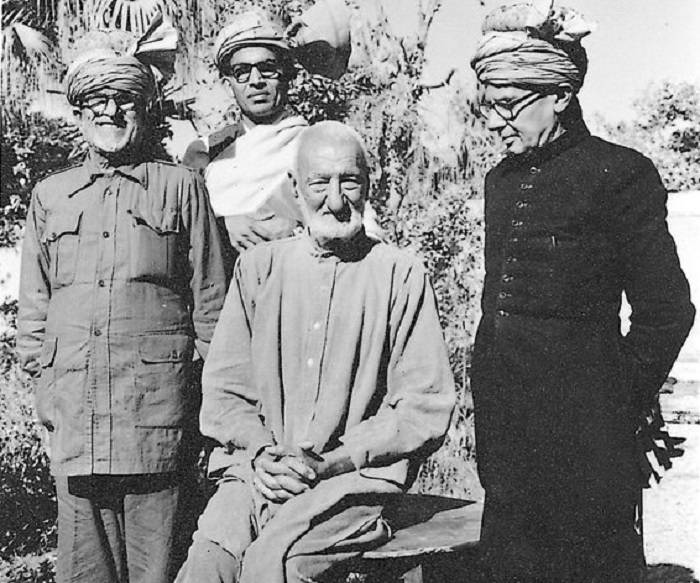
Image Credit : http://charsaddakhan.blogspot.com/p/abdul-ghaffar-khan-baba.html
Death
While under house arrest, Abdul Ghaffar Khan suffered a severe stroke. He was taken to India, where the doctors in India declared him untreatable. He was then admitted to Peshawar’s Lady Reading Hospital, where he breathed his last on 20 January 1988. Over 200,000 mourners, including the Afghan president Mohammad Najibullah and the Indian Prime Minister Rajiv Gandhi, attended the funeral. Bacha Khan was buried at his Jalalabad home in Afghanistan.
Legacy
Ghani Khan, his eldest son, was a poet of repute while his second son, Khan Abdul Wali Khan, founded the Awami National Party and also acted as the Leader of the Opposition in the Pakistan National Assembly. Khan Abdul Ali Khan, his third son, was a distinguished educator. Abdul Ghaffar Khan’s political legacy of non-violence was revered by both the Pashtuns and Hindus; however, his detractors questioned his patriotism for his opposition to the Muslim League and Jinnah, and his decision to be buried in Afghanistan not, Pakistan.
‘The Frontier Gandhi: Badshah Khān, a Torch for Peace’, a documentary by filmmaker and writer T.C. McLuhan was made in 2008 and received the award for ‘Best Documentary Film’ at the 2009 Middle East International Film Festival. ‘The Majestic Man’, a short biographical film in English was made in 1990 by Abdul Kabeer Siddiqui. Actor Dilsher Singh portrayed his character in Richard Attenborough’s 1982 epic ‘Gandhi’. Ghaffar Market in Karol Bagh, New Delhi is named after him.

